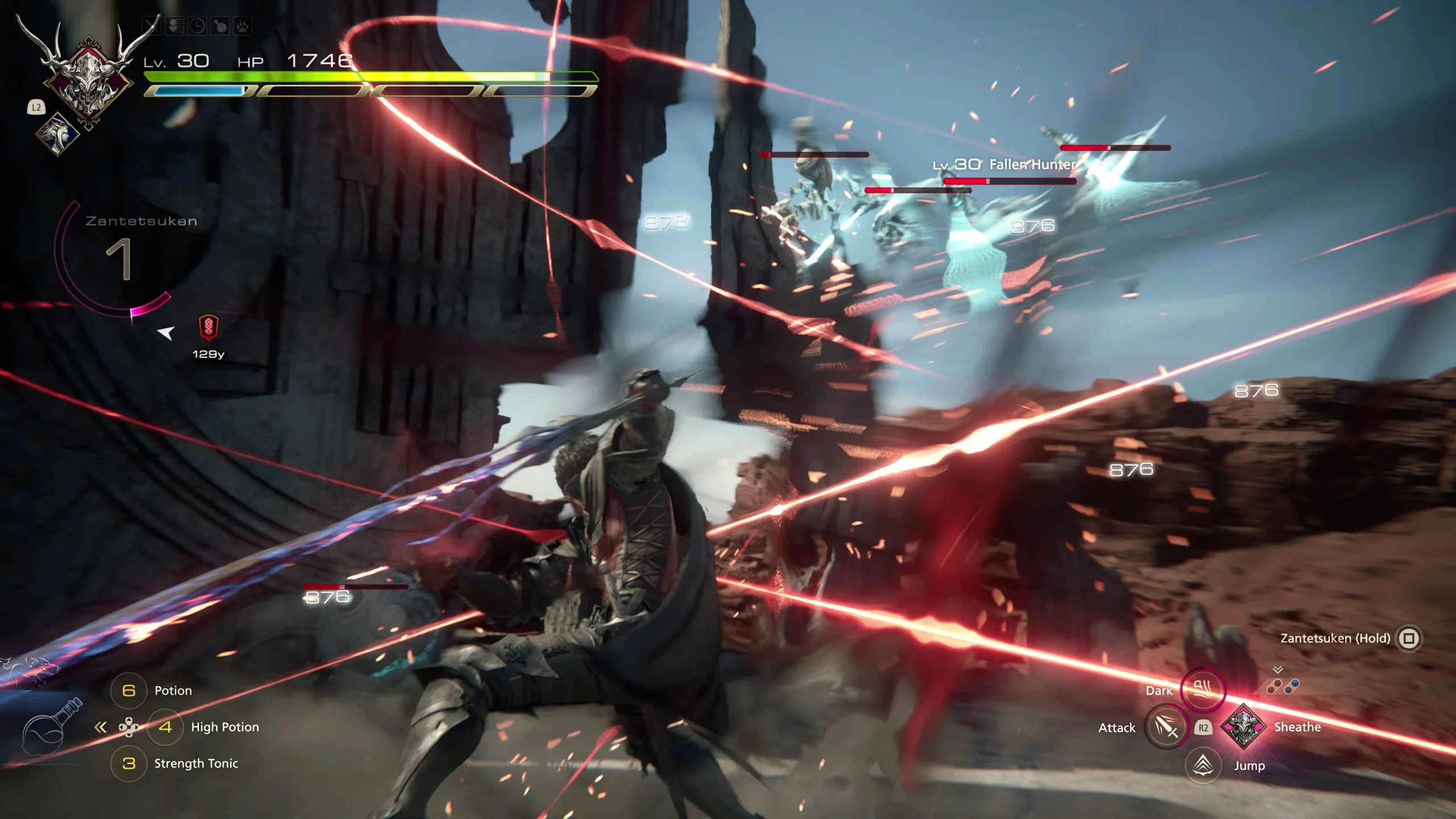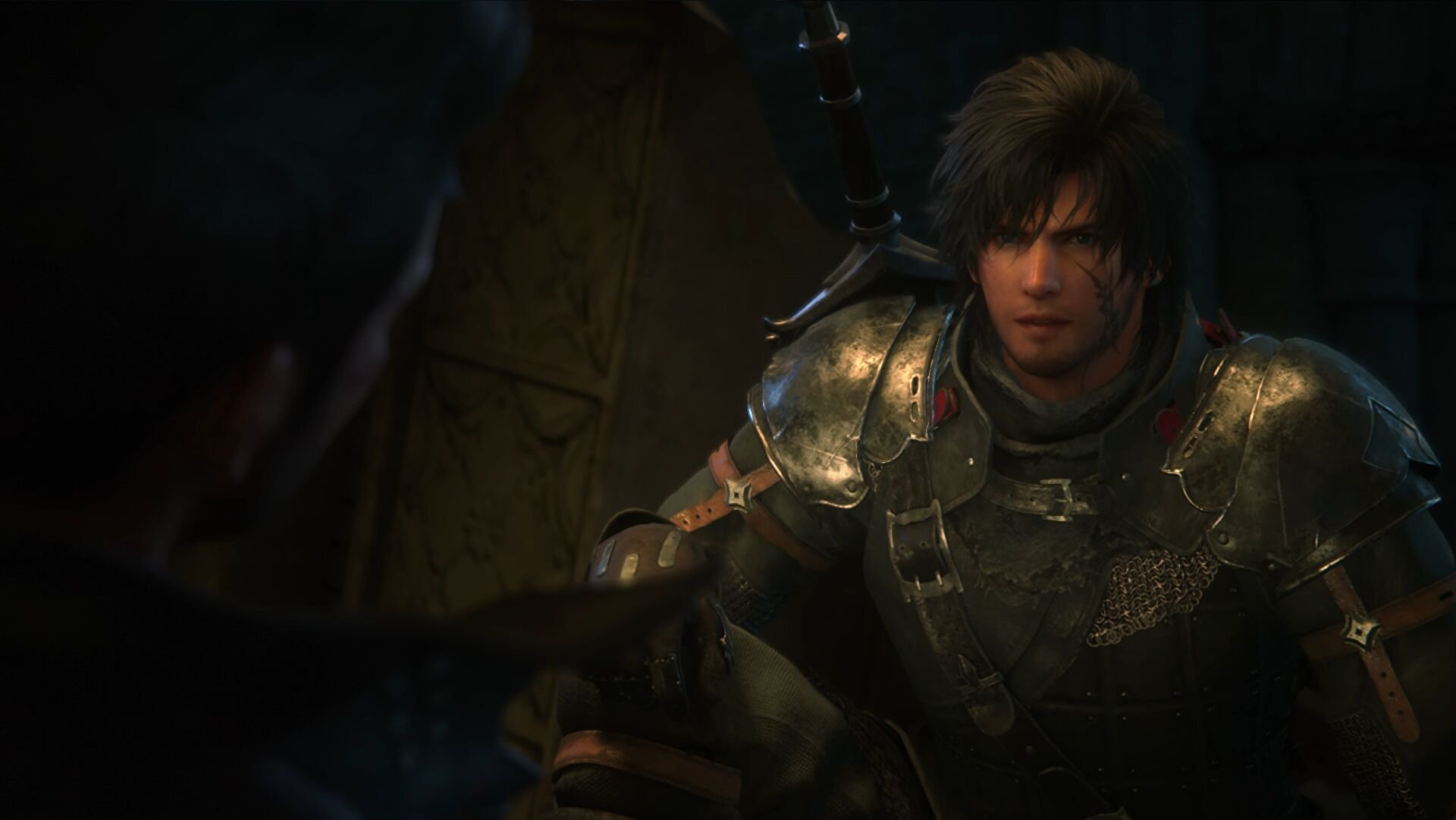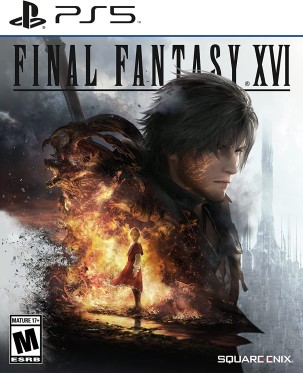
Barring Final Fantasy 7 Remake, it’s been a long time since a new mainline Final Fantasy game lived up to expectations. Final Fantasy 13 and 15 both disappointed in different ways and to varying degrees, and while they weren’t games without redeeming qualities, they fell way below the level of quality that a mainline Final Fantasy game should consistently exhibit. There seems to be a general feeling in the fanbase, however, that the series’ next outing may very well reverse that trend.
Since the day it was first revealed, Final Fantasy 16 has looked like an exciting prospect, and every time we’ve seen more of it we’ve grown more and more convinced that it does seem to be aspiring to hate the same high standards that a Final Fantasy game should be known for. 2023 is a densely packed year, to say the very least, and already, there have been a number of major releases that have received widespread acclaimed, with plenty more likely to follow- but even in a year as packed as this one, Final Fantasy 16 seems destined to be one of its best and biggest releases.
There’s multiple reasons for that, of course, and across its multiple showings thus far, the game has impressed us all in a number of ways. Its medieval fantasy setting in particular that a large number of people instantly latched on to pretty much the moment the game was announced. Though, as its name implies, it may have started out with traditional fantasy settings, Final Fantasy hasn’t really been about that for a long, long time, and has generally gone with different flavours of sci-fi. To see the series returning to a fantasy setting is, as such, an exciting proposition, if only to get a different aesthetic and a different kind of story, if nothing else.
But of course, there’s going to be more to it than that, because as Square Enix has hammered home time and again by now, Final Fantasy 16’s setting isn’t just traditional fantasy. No, this is going to be the first mainline Final Fantasy title to have an M for Mature rating. From kingdoms and factions engaging in shifty politics to characters coming into conflict with each other and meddling with powers far greater than they could have imagined, Final Fantasy 16 is going to be able to tell its story with fewer restraints and a level of maturity that the series hasn’t necessarily be known for in the past, and that has been a major factor in why the game has generated so much enthusiasm since day one.
That’s not the only area where Final Fantasy 16 is stepping away from the series’ norms either. On the gameplay front, it will be the first ever Final Fantasy game to have fully real-time action RPG combat. Obviously, the series moved away from turn-based battles a long time ago, but even starting with Final Fantasy 12 up to now, each new game has blended its real-time combat systems with different variations of commands or pause-and-play mechanics.
In FF16, on the other hand, combat is basically going to function like it would in a character action game, with the full focus being on doling out attacks and combos, using your abilities, and dodging and blocking. Yes, the game will obviously layer depth into that through progression mechanics and different abilities and gear and what have you – this is still an RPG, after all – but the combat experience is going to be very different from what you’d usually expect to see in a Final Fantasy game.
Another big change is that throughout the entire game, you’re only going to be controlling one single character- the protagonist, Clive Rosfield. Gathering party members and being able to control each and every one of them in combat has been a core tenet of the Final Fantasy series for as long as it’s been around, but Final Fantasy 16 will focus on Clive to the exclusion of all else. You will have different temporary companions at different points in the story, but they will be AI-controlled. That, too, is a big change, and one that some series fans have maybe been a little concerned about- but if the game can deliver on its promise of a nuanced and complex combat system that revolves around a single character and his growing moveset and arsenal, then there might not be much of a reason to worry.
There have been some skeptics who have questioned what even makes Final Fantasy 16 a Final Fantasy game, if it has the darker tone that it does, and if it has the real-time action combat, and if it’s ditching party members. This, however, is a series that has never shied away from experimenting and trying new things with everything from its combat systems to world design choices to its settings or the stories it tells. The definition of what makes a Final Fantasy game has always been a loose one, and it’s only gotten looser as time has gone on, so if Final Fantasy 16 can excel at what it’s trying to do, it shouldn’t matter that what it’s doing is different from what other Final Fantasy games have done in the past.
Beyond the ways it’s deviating from the series’ formula and its sound gameplay design choices, however, there’s another big reason to be confident in Final Fantasy 16 being able to live up to expectations. Funnily enough, it’s not so much about the game itself – even though the game itself does look excellent – as it is about who’s making it. Final Fantasy games suffering tumultuous development cycles has been something of a trend in the past, but Creative Business Unit 3 – the team making FF16 – seems to be the one part of Square Enix that is completely immune to that at this moment in time.
Over the last several years, this is the side of Square Enix that has not only delivered stellar content for Final Fantasy 14 on a consistent basis, but done it like a well oiled machine. It’s done it while maintaining constant and transparent communication with the player base, it has responded to feedback, it has exhibited a keen understanding of how to improve player experience, and it’s stuck to a schedule. A lot of the issues that the last few mainline FF games have faced were faced because of messy development and production pipelines, but it seems like Final Fantasy 16 has managed to avoid that. Its marketing has ramped up with the right pacing since its announcement, it hasn’t been hit with any delays, its release date wasn’t announced until it was close to launch, and hell, it even went gold nearly three months ahead of release.
By the time Final Fantasy 16 launches, it will have been nearly seven years since the launch of the series’ last new numbered entry, though honestly, given how Final Fantasy 15 and 13 went, and the fact that Final Fantasy 14 is an MMORPG, it feels like it’s been a lot longer since we last got a new mainline instalment in the franchise. If, however, FF16 can make good on all of the lofty promises it has made so far – and it sure looks like it may do just that – then surely it’s going to be worth the long wait.
Note: The views expressed in this article are those of the author and do not necessarily represent the views of, and should not be attributed to, GamingBolt as an organization.

















